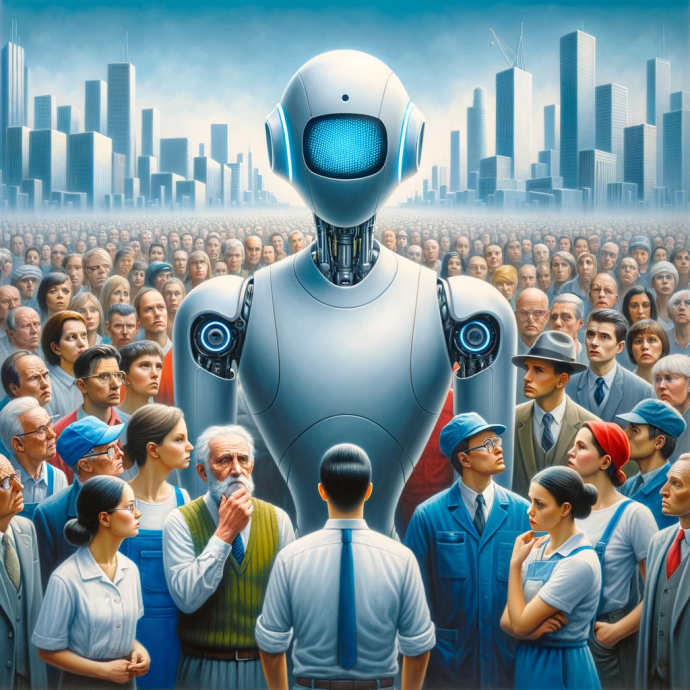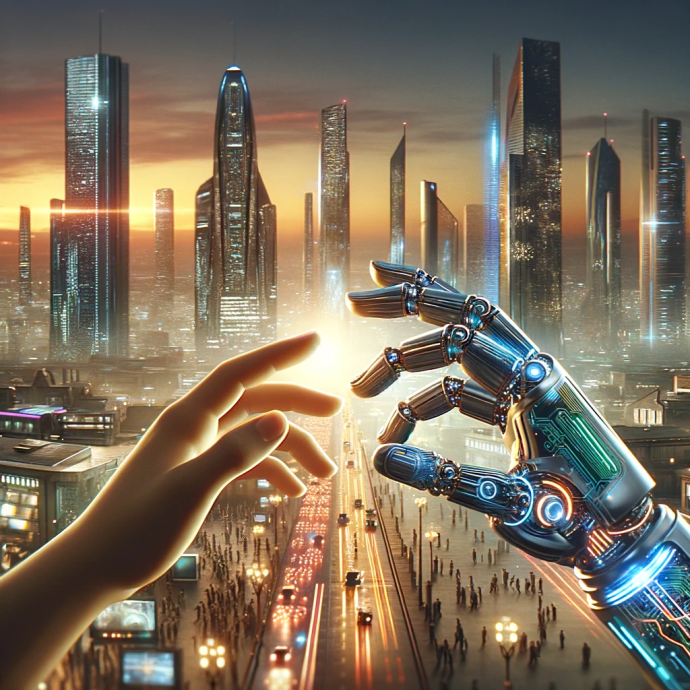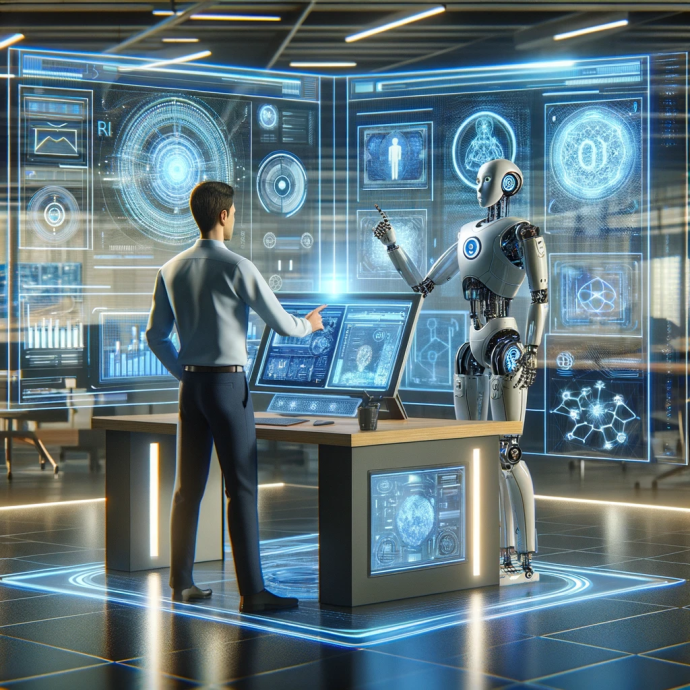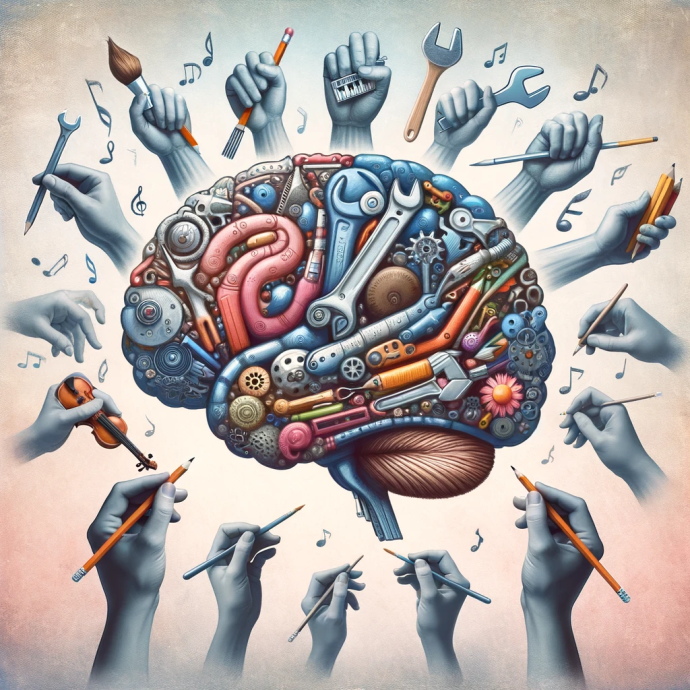Do Workers Fear Losing Their Jobs to Artificial Intelligence?

In an era where artificial intelligence (AI) is rapidly transforming industries, a new kind of apprehension has taken root among workers. This blog post delves into the heart of AI anxiety, a phenomenon increasingly prevalent in today's workforce. We explore the stories of individuals like Claire, a PR professional from London, who voices her concerns about the future of her career amidst the swift advancement of AI technologies like ChatGPT.
Claire's Dilemma: The Human Touch in an AI World

Claire, a seasoned PR expert at a major consulting firm in London, finds herself at a crossroads. With six rewarding years behind her, the 34-year-old is now grappling with a growing unease about the future of her profession. The root of her anxiety? The rapid evolution of AI. While she prides herself on the quality of her work, the advancements in AI, exemplified by the sophistication of tools like ChatGPT, are impossible to ignore. Claire's dilemma mirrors the sentiments of many professionals who find themselves amazed yet apprehensive about the potential of AI to replicate their roles.
A Widespread Concern: AI's Impact on the Job Market
Claire's concerns are far from isolated. From Goldman Sachs' startling report predicting AI could replace 300 million full-time jobs to PwC's survey revealing a third of respondents fear technology usurping their roles within three years, the anxiety is widespread. Alys Marshall, a copywriter from Bristol, echoes these sentiments, highlighting the collective apprehension among creatives about the authenticity and value of human-generated content versus AI-produced work.
The Expert Take: Embracing AI as a Collaborative Tool

Career coaches and HR experts are stepping in to offer a different perspective. They suggest that while some level of anxiety is natural, the focus should be on adapting to work alongside AI. Carolyn Montrose, a career coach and Columbia University lecturer, acknowledges the fear of the unknown but encourages workers to view AI as an empowering tool rather than a threat. Scott Likens of PwC advises leaning into AI, emphasizing education and training as the keys to evolving alongside these technological advancements.
Historical Context: Adapting to Change is Nothing New
The modern-day AI anxiety isn't the primary time society has faced disruptive technological adjustments. The transition from manual to automated manufacturing and the upward push of e-trade are historical examples of similar upheavals. As Carolyn Montrose points out, technological alternatives has constantly been indispensable to societal advancement. Remembering past adaptations can offer comfort and angle within the face of modern-day challenges.
The Unique Value of Human Skills

Despite the justified anxiety, hitting the panic button can be premature. Research through sociologist Eric Dahlin shows that fears of robots replacing human jobs are often exaggerated. Furthermore, Stefanie Coleman from EY's human beings advisory services emphasizes the irreplaceable role of human traits like emotional intelligence and creativity in business. Recognizing the specific fee of human beings inside the staff is important in navigating the fears surrounding AI.
Proactive Steps: Learning and Adapting
In reaction to her worries, Claire has decided to proactively interact with the era shaping her industry. By exploring online coding courses, she goals to demystify AI, turning fear into familiarity and possibility. Her approach displays a growing fashion among professionals who are selecting to embody AI, spotting that knowledge and adapting to new technologies is vital for future career achievement.
Conclusion: Finding the Silver Lining in AI Advancements
As we navigate the complexities of AI integration into the body of workers, it is essential to stabilise the apprehension with a proactive method to gain knowledge of and version. The tales of Claire and others spotlight the need for a mindset shift, viewing AI no longer as a competitor but as a collaborator. By spotting the precise fee of human competencies and embracing the possibilities for growth and studying that AI offers, we are able to turn anxiety into empowerment, paving the manner for a harmonious coexistence between humans and AI within the place of the job.

Become a part of digital history




Comments about Do Workers Fear Losing Their Jobs to Artificial Intelligence?